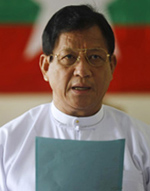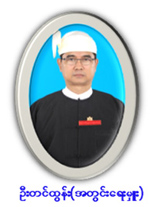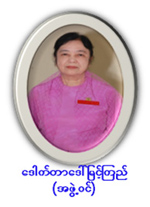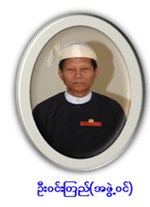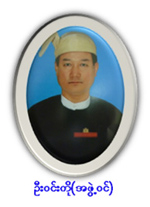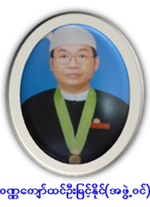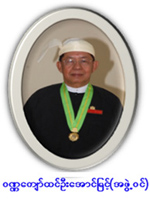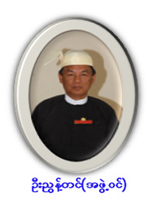Burma’s Union Election Commission (UEC) is comprised of 16 members, including a secretary and its chairman, Tin Aye, a former general and senior member of the ruling Union Solidarity and Development Party (USDP) who renounced his party ties when he took up the chairmanship in 2012.
Couched beneath the Naypyidaw-based UEC are more than 15,000 subcommissions at the state/divisional, district, township and in some cases, ward or village level. On election day, it will be their responsibility to see that voting takes place at nearly 47,000 polling stations nationwide.
In the lead up to the vote, the UEC and its subcommissions have been tasked with preparing eligible voter rolls, conducting voter education campaigns and arranging all the other pre-poll logistics required in advance of a general election that could see up to 32 million eligible voters cast a ballot.
Owing to Tin Aye’s military and USDP background, scrutiny from some quarters has raised questions about his ability to serve as an impartial arbiter of the 2015 election. In interviews with more than a dozen political party leaders in recent weeks, The Irrawaddy found a wide range of opinions on the chairman, with some effectively scoffing at the notion of his independence while others said his conduct to date had left them optimistic that he is approaching the task without bias.
Research released this week by the Asian Barometer Survey revealed equally mixed views toward the UEC among the public, with 36 percent of respondents saying they trust the institution, while 32 percent said they did not.
For his part, Tin Aye told The Irrawaddy in June that while he had “love” for his “close friends” and former colleagues within the USDP, those ties would not compromise his impartiality.
The original eight-member UEC was expanded earlier this year, with President Thein Sein acquiescing to calls for greater ethnic minority representation on the commission.
Below, the men (and one woman) charged with ensuring a free and fair vote on Nov. 8
Less is known about the eight ethnic minority representatives appointed to the commission earlier this year. Each is a member of one of Burma’s main ethnic minority groups, and has been assigned an individual state portfolio, with Shan State allotted three ethnic Shan commission members. The Irrawaddy will provide updated information on these eight individuals as it becomes available.
- N Zaw Naw, age 69, assigned to Kachin State
- Saw Ba Hlaing, age 69, assigned to Karen State
- Sai Khum Win, age 69, assigned to Karenni State
- Ha Ki, age 69, assigned to Chin State
- Maung Maung Kyi, age 58, assigned to Arakan State
- Sai Nun Taung, 74 years old, assigned to Shan State (south)
- Sai Htun Thein, age 51, assigned to Shan State (east)
- Sai San Win, age 64, assigned to Shan State (north)
* Nyunt Tin was the sole ethnic minority representative on the original eight-member UEC, and has assumed the new appointees’ supervisory role for Mon State.






